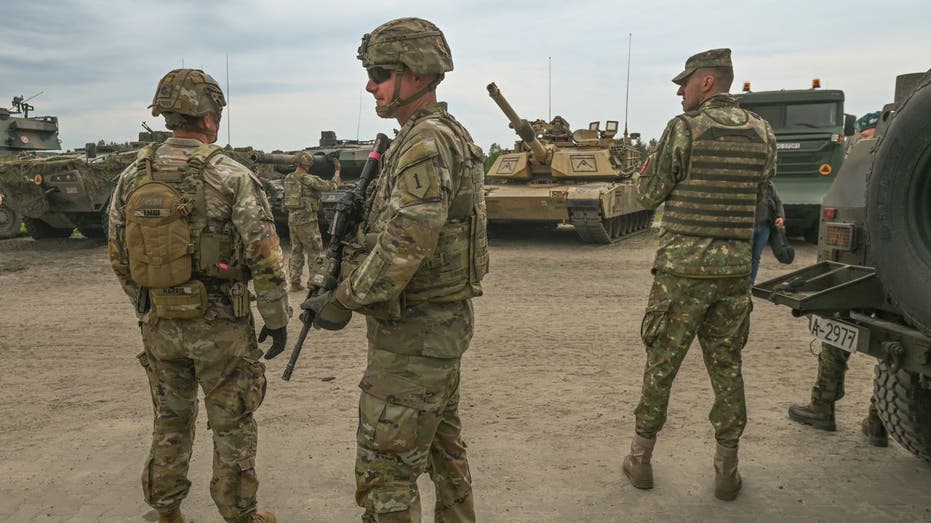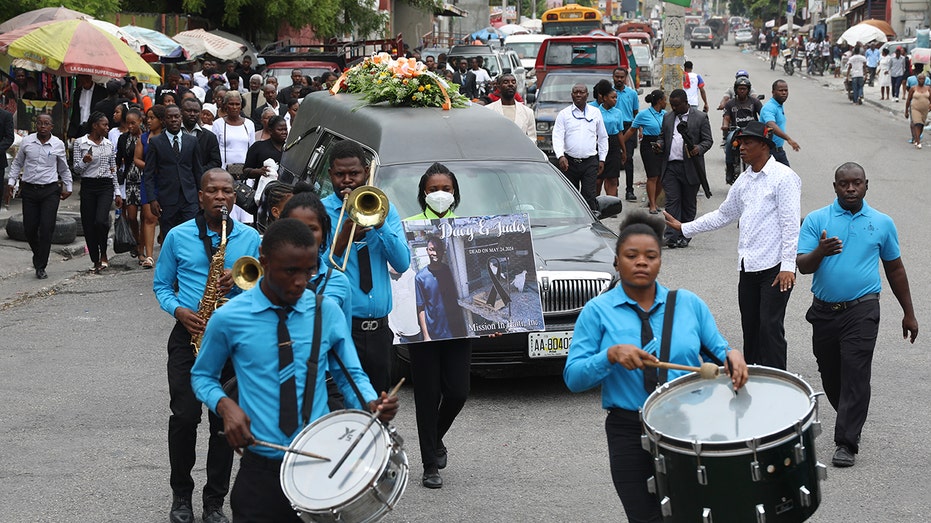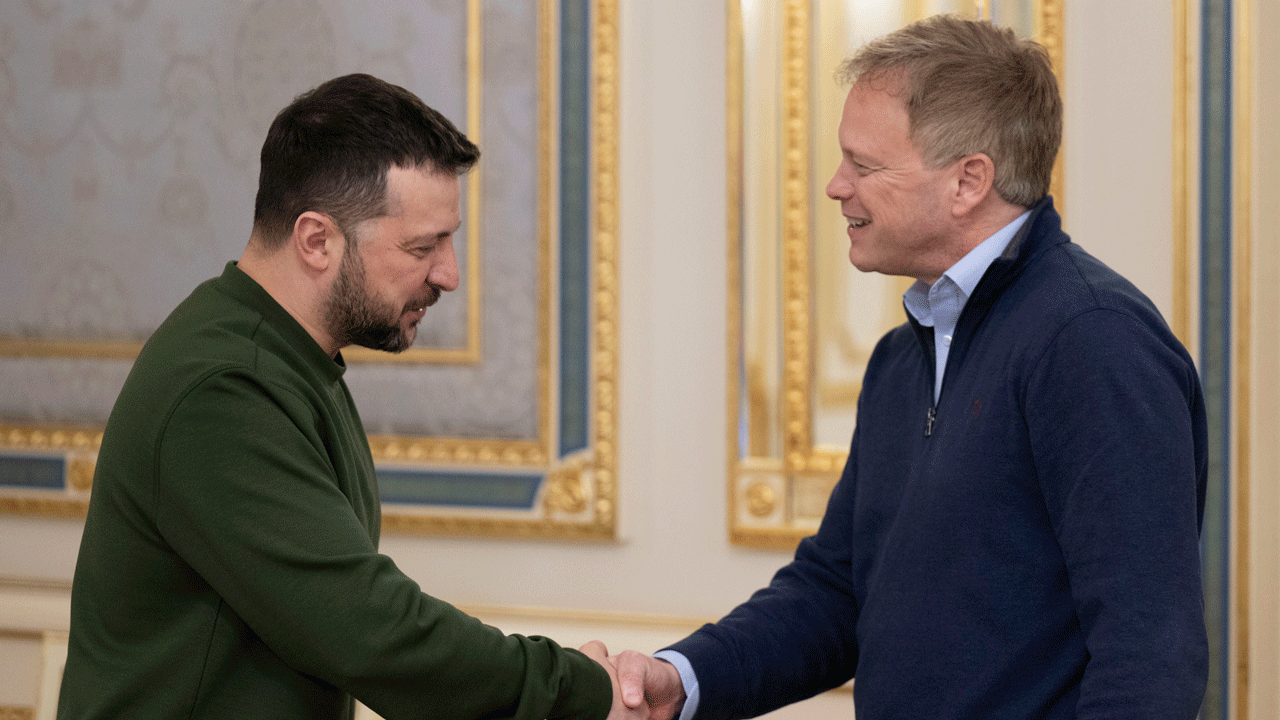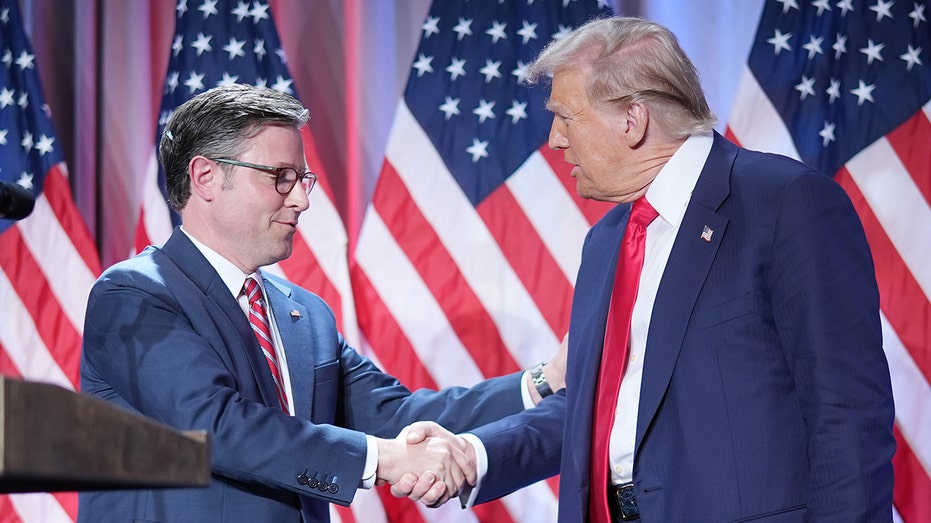Iranian officials have called on the proxy terrorist groups they support throughout the Middle East to tone down attacks on the U.S. for fear of a more direct conflict with the American military.
Iran began the drawback following the U.S. response to an attack that killed three U.S. soldiers operating at a base in Jordan earlier this month. Since the U.S. retaliated with a wave of strikes, there have been no Iran-backed attacks on U.S. forces in Iraq and just two in Syria, according to the New York Times.
In comparison, the U.S. weathered well over 100 attacks between mid-October and the beginning of February.
“They are scared of direct confrontation with the U.S., they know that if Americans are killed again it would mean war,” Sina Azodi, an Iran security expert at George Washington University, told the Times. “They had to put the brakes on the militia and convince them that a war with the U.S. could harm Tehran first and then by extension the entire axis.”
Iran supports and influences a faction in virtually every Middle East conflict, beginning with its financial and military support for Hamas in Gaza. Tehran also funds terrorist groups operating in Iraq and Syria. It also influences Hezbollah, the terrorist organization operating in Lebanon to Israel’s north.
BIDEN TO GO TO UN SECURITY COUNCIL TO FORCE TEMPORARY CEASE-FIRE ON ISRAEL, HALT RAFAH OFFENSIVE
Last, Iran has also given significant support to Houthi rebels in Yemen, who have played a major role in harassing international shipping through the Red Sea amid the war in Gaza.
Brig. Gen. Esmail Ghaani, commander in chief of the Iranian Quds Forces, traveled to Iraq to meet with leaders of militia groups and offer new plans to avoid outright war with the U.S., the Times reported, citing two Iranian officials.
ISRAELI SECURITY EXPERTS SAY BIDEN’S PALESTINIAN STATE PUSH IS AN ’EXISTENTIAL THREAT’
The drawdown in Iraq and Syria comes as Israel prepares to conduct its final major operation against Hamas terrorists embedded in Rafah. Israeli officials estimate a quarter of Hamas’ total forces remain in the area. Prime Minister Benjamin Netanyahu’s regime has vowed that civilians will “have the opportunity to leave” ahead of the attack.




